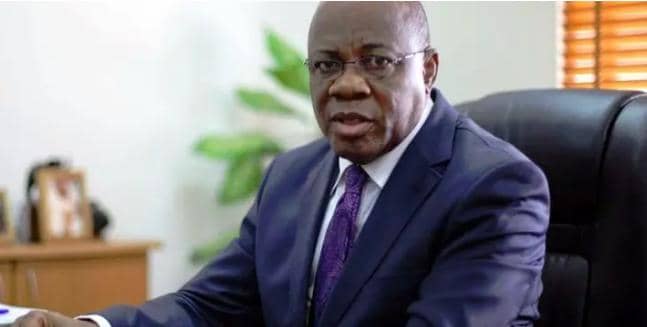Renowned human rights lawyer Olisa Agbakoba has rejected a proposed bill mandating compulsory voting in Nigeria.
The bill, introduced by House Speaker Tajudeen Abbas, seeks to amend the Electoral Act 2022 to enforce mandatory voting, Diaspora Digital Media (DDM) gathers.
It prescribes penalties of up to ₦100,000 in fines or six months’ imprisonment for eligible citizens who fail to vote.
The bill has passed second reading in the House of Representatives and has sparked intense national debate.
Agbakoba described the bill as a direct threat to democratic freedom.
He said compelling citizens to vote through punishment contradicts the core principles of democracy and civic responsibility.
Agbakoba stated that citizens should vote because they believe in the process, not out of fear of punishment.
The proposed law has divided public opinion, with arguments for and against its potential impact on civic engagement.
Supporters believe mandatory voting will combat voter apathy and strengthen democratic participation across the country.
They cite examples from countries like Australia and Belgium, where compulsory voting has led to high voter turnout.
Critics argue the bill ignores deeper issues discouraging participation, such as lack of trust in elections and voter safety concerns.
The Socio-Economic Rights and Accountability Project (SERAP) condemned the bill, calling it unconstitutional and contrary to human rights standards.
SERAP stressed that the right to vote includes the right not to vote, without facing legal consequences.
Agbakoba echoed this stance, warning that coercion will damage public trust in Nigeria’s democratic process.
He called for implementing the Justice Uwais Electoral Reform Committee’s recommendations to rebuild electoral credibility.
Agbakoba emphasized that genuine participation comes from confidence in the system, not fear of punishment.
He argued that credible, transparent elections are the best way to encourage voluntary voter engagement.
In contrast, the Centre for Convention on Democratic Integrity (CCDI) supports the bill, viewing it as a democratic strengthening tool.
The group believes compulsory voting could ensure broader representation and encourage government accountability.
Despite this, many Nigerians support Agbakoba’s view, demanding reforms that address root causes of low voter turnout.
They want lawmakers to prioritize electoral transparency, fairness, and voter safety over punitive legal mandates.
Public sentiment on social media and civic platforms reflects growing opposition to the bill’s coercive framework.
As the bill moves forward, pressure mounts on the National Assembly to reconsider its approach to voter participation.
Civil society groups continue to call for reforms grounded in trust, fairness, and respect for democratic freedom.
The debate highlights a broader struggle to define democratic engagement in Nigeria’s evolving political landscape.
Kindly share!!







